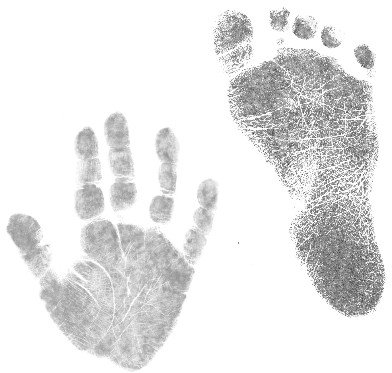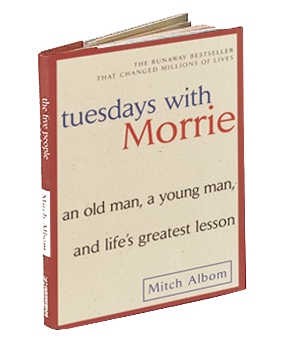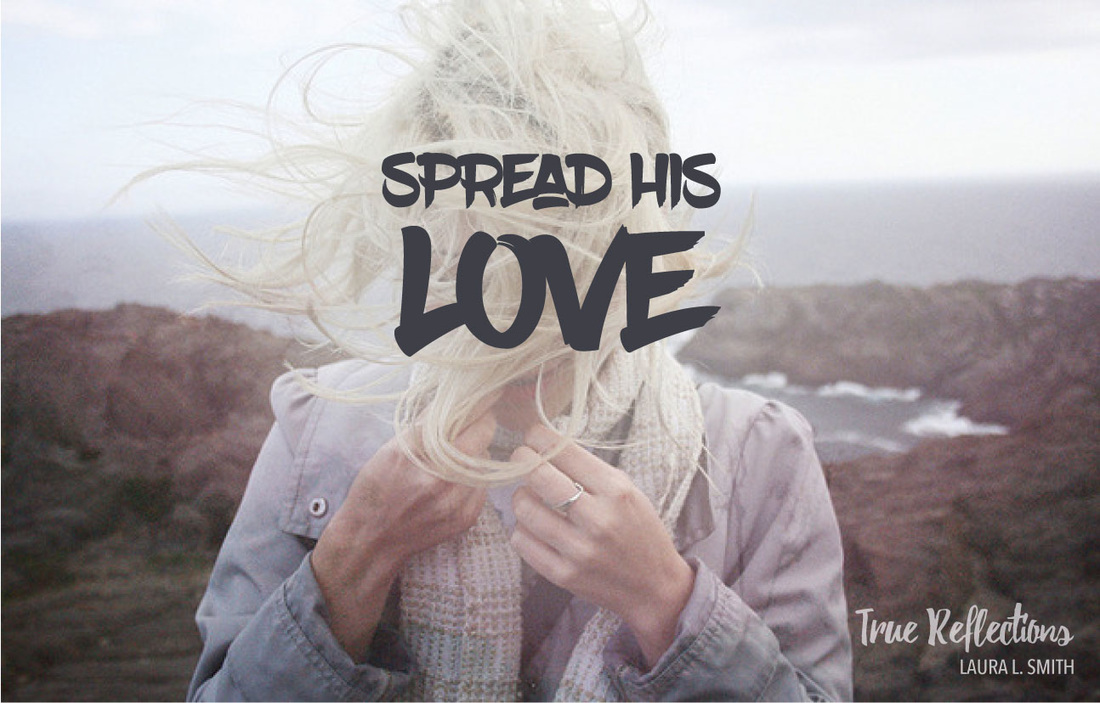|
I am a shedder. I leave long, curly blonde hairs on the carpet of your car, the pillows of your couches, on the backs of the seats at church, and on your shirt when I give you a hug. My hairs clog the sink and get tangled in the rollers of the vacuum. If I’m ever a suspect for anything, the detectives won’t need to look for my fingerprints or footprints—all they’ll need to do is follow my trail of tresses. I know I leave my hair everywhere I go (sorry about that) but what else am I leaving behind? When I leave yoga class, Bible study, your kitchen table, are there smiles lingering? Laughter? Sarcasm? Complaints? Prayers? What am I imprinting? Are people glad I came, or do they sigh with relief, grateful for my departure? I’ll never hear the conversations and comments after I exit a room, but I can choose how I act when I’m in that room. My husband and I went to see Mitch Albom, the author of Tuesdays With Morrie, speak last week. Mitch shared one of the most important things Morrie taught him, a lesson Albom weaves into all of his books, is that “one life touches another and another.” Jesus says, “Love your neighbor as yourself.”—Matthew 22: 39 If I’m going to fully love my neighbor, if our lives are going to touch people one way or another, we can choose to try to love them and touch them in positive, meaningful ways. We all get that choice. Each time we enter a room. If we’re running late and juggling our keys and our purse and our coffee, we can grump and make excuses and make a big deal about our woes OR we can smile and laugh and greet someone. When we’re listening to someone speak—whether that’s a doctor, pastor, counselor, boss, co-worker, best friend, spouse, student or one of our own kids—we can choose to continue with our busyness, our business, on our phones OR we can choose to look them in the eye, give them our full attention, and truly listen. Even when we’re the ones who need help, who are asking for advice, who need help carrying a load—physical, emotional or mental—(because some days we do need help) we can still choose to say, ‘thank you,’ to let the person know how much we appreciate them, how grateful we are for their help. I’m going to be a lot of places over the next few weeks—soccer games, sports banquets, my children’s schools, church, visiting family for the holidays to name a few. How about you? Where are you headed? How will we act? What will we leave behind? In this season of thankfulness, let’s make a pact to remind others of all that they have to be thankful for, to have our presence be something they are thankful for, not because we are awesome or brilliant or have all of the right answers, but because we can choose to shine light in dark places, to choose hope over despair, and to choose compliments over criticism.
When someone finds one of my hairs—which they’re bound to do—after parting ways with me, I pray they pull it off their sleeve or pick it off their floor and smile, that I have left them with peace, strength or a little joy.
0 Comments
Leave a Reply. |
Laura L. SmithCategories
All
|




 RSS Feed
RSS Feed